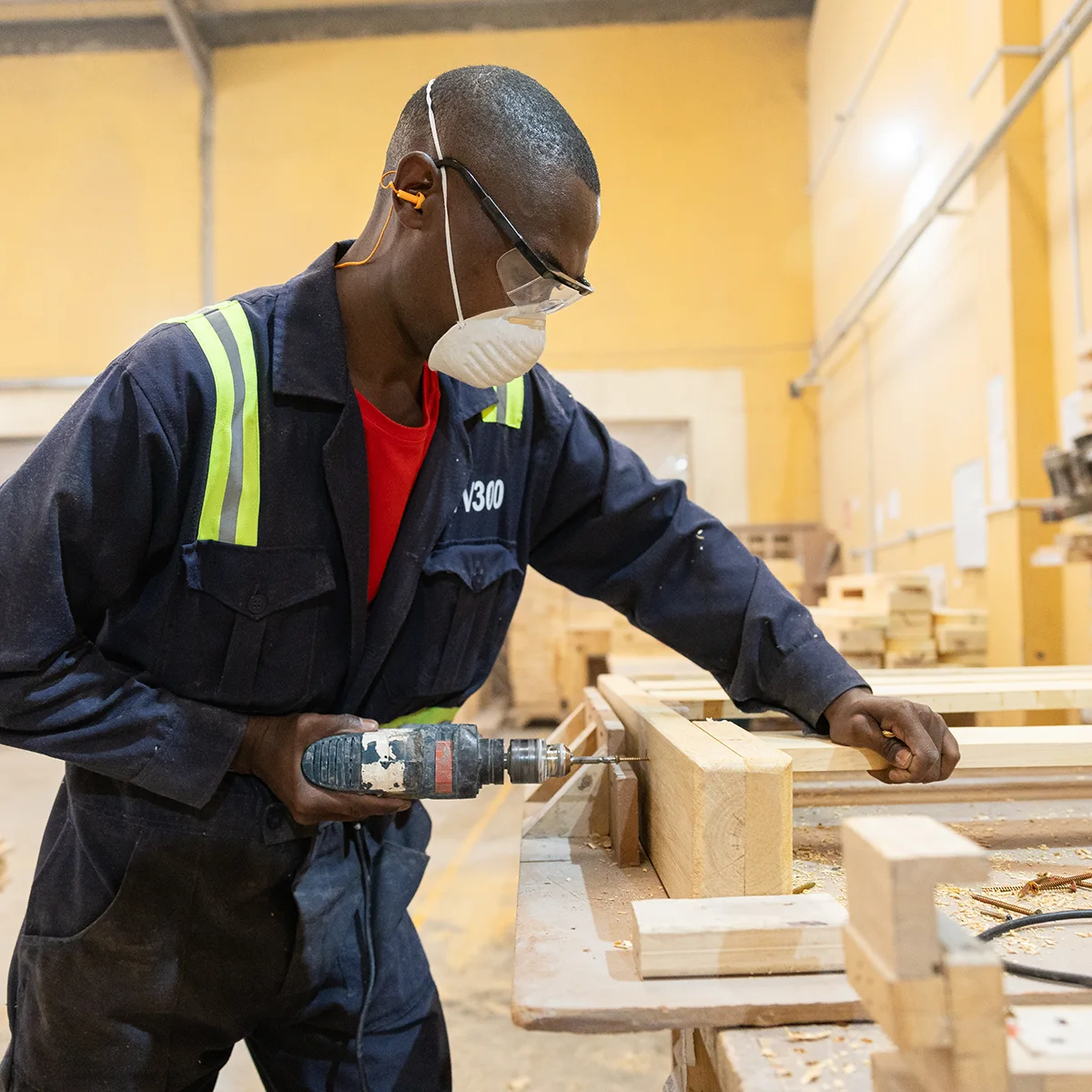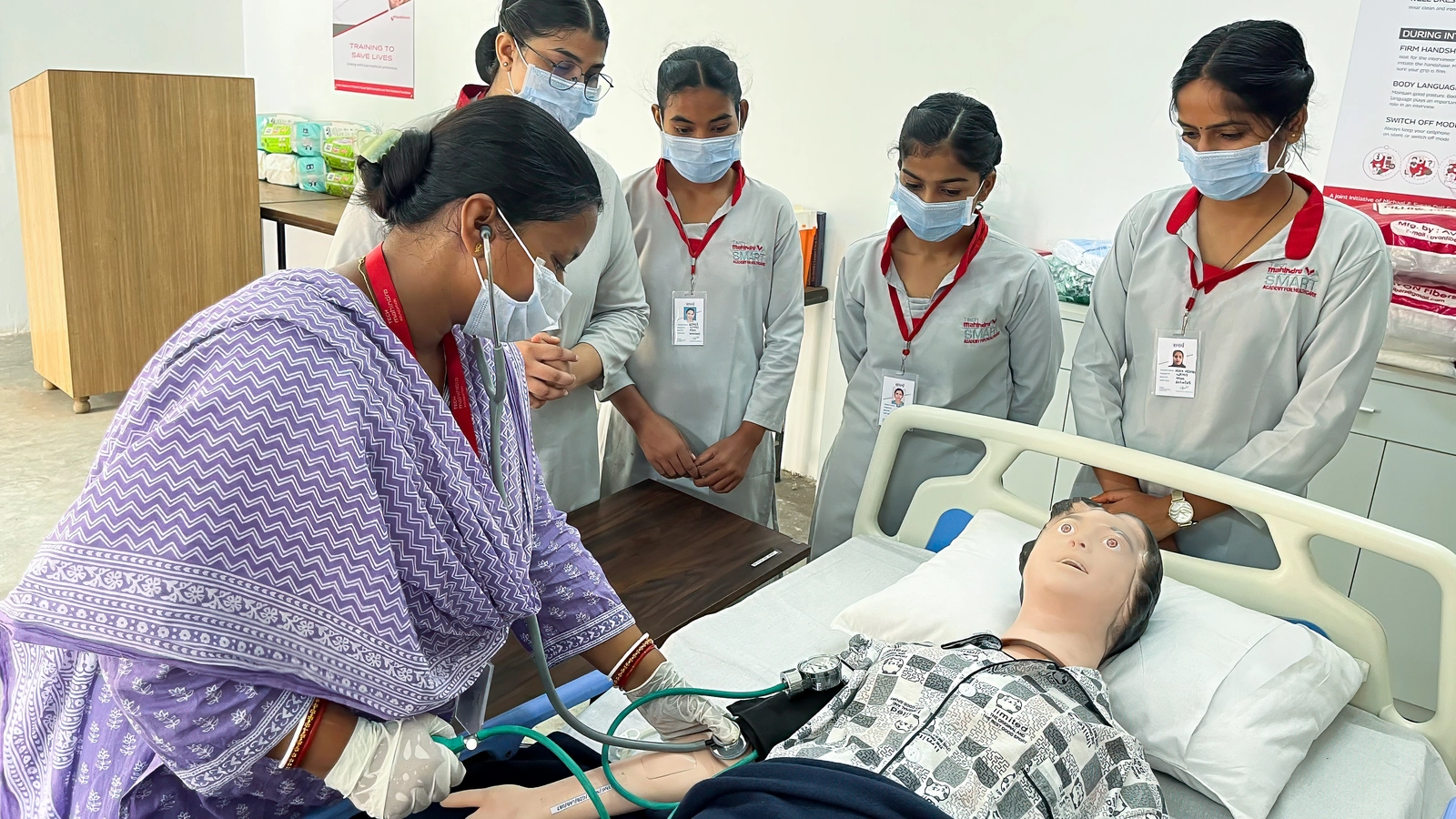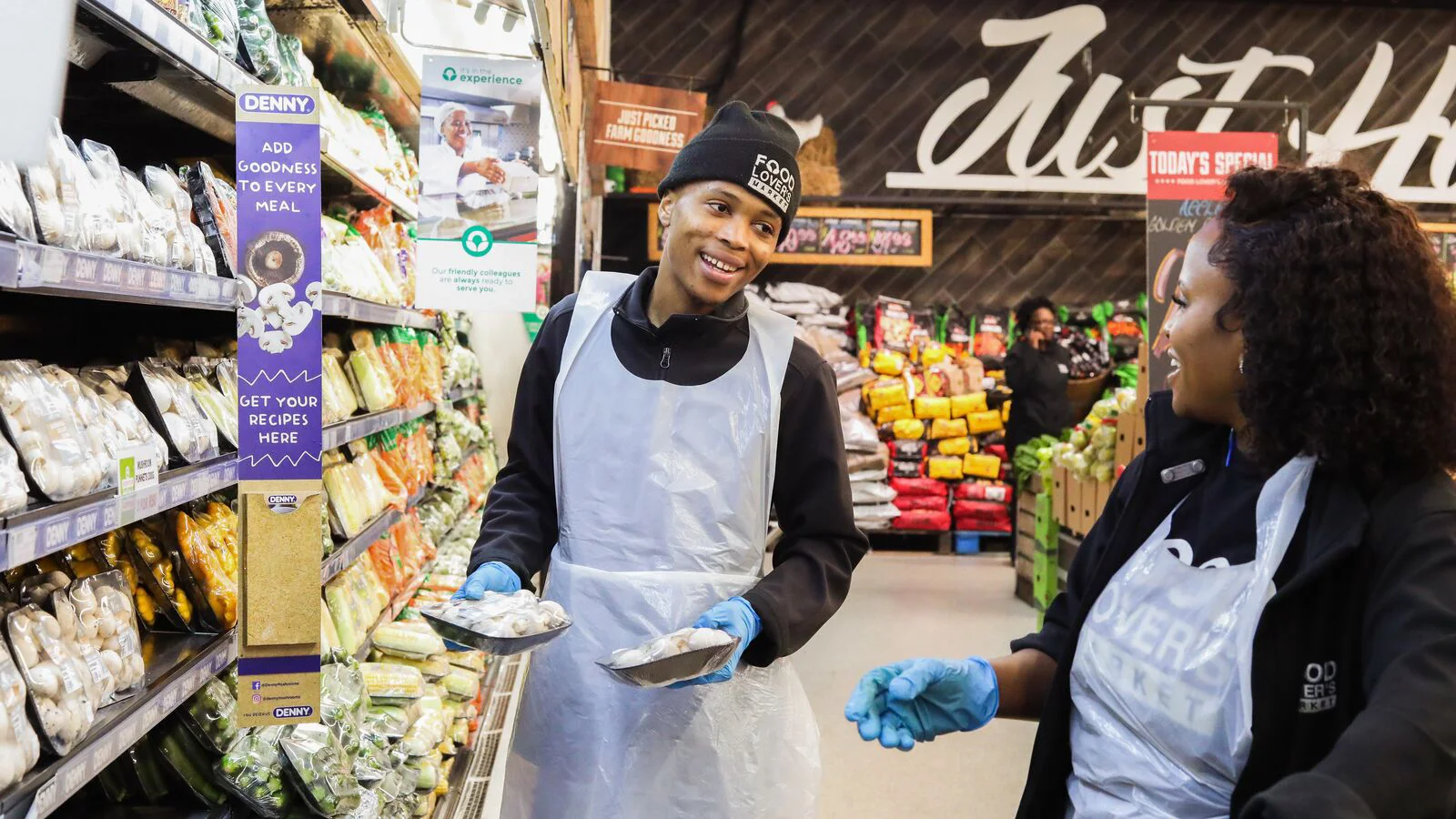Building India's Health Workforce Beyond Big Cities

Overview
Moko is changing how furniture is made and sold in Kenya, creating steady jobs for young people and offering affordable, durable home goods for families.
A Market Opportunity with Ripple Effects
In Kenya’s fast-growing cities, families are looking for durable, affordable furniture — and young people are looking for steady work. Moko is answering both calls. By producing high-quality beds, sofas, and mattresses designed for everyday life, Moko is transforming how home goods are made and sold, and creating quality jobs along the way.
Most furniture in Kenya is produced in informal workshops, where workers earn low wages and have little job security or training. These jobs make up a large share of employment but offer few pathways for advancement. Moko is changing that model by offering formal employment, steady pay, and on-the-job training to young people who might otherwise be locked out of long-term opportunity.
Scaling Local Jobs, Strengthening Communities
Moko is scaling its operations to meet rising demand while investing in a supply chain that benefits local communities. That includes sourcing raw materials from nearby smallholder farmers and collaborating with artisans and logistics providers. It’s a model rooted in Kenya’s economy — and designed to grow with it.
By sourcing local materials and offering durable, affordable furniture, Moko is generating income across communities – from smallholder farmers to delivery teams – and proving that homegrown manufacturing can unlock opportunity across the country.



